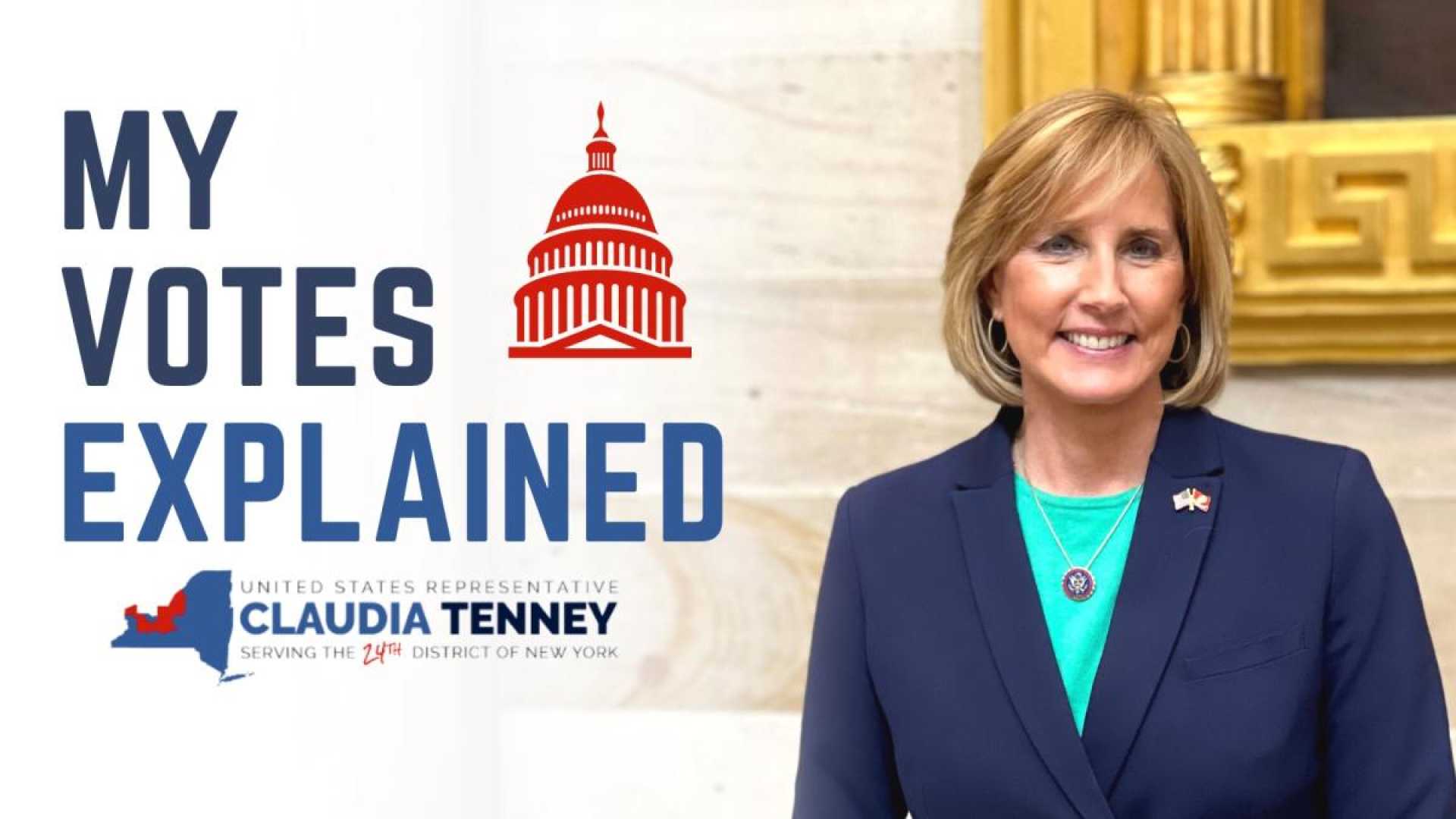News
Controversial Political Ads Under Scrutiny Amidst Record Election Spending

ABC News recently addressed concerns surrounding a graphic political advertisement aired on its stations. The ad, created by anti-abortion advocate and presidential candidate Randall Terry, includes graphic images of aborted fetuses. Despite the controversial content, ABC is legally obligated to air the commercial. According to the Federal Communication Commission (FCC), broadcast stations cannot censor or reject political ads that are paid for and sponsored by legally qualified candidates. With Terry on the ballot in at least 12 states, he meets the criteria of a legally qualified national candidate.
The airing of such contentious content highlights broader concerns about political advertising during what is predicted to be the most expensive election cycle in United States history. Data from the political analysis firm “Open Secrets” forecasts that nearly $16 billion will be spent on federal campaigns, surpassing the 2020 election spend by about a billion dollars. The bulk of this expenditure is directed towards television ads, many of which are criticized for containing misleading or false claims.
One contentious advertisement targeting Ohio’s U.S. Senate race comes from the conservative political action committee “The Senate Leadership Fund.” The ad claims that Senator Sherrod Brown voted multiple times to allow transgender biological males to participate in girls’ sports and supported minor children receiving sex change surgeries—a claim that appears misleading based on roll-call votes.
Conversely, an ad from the liberal “Senate Majority PAC” targets Bernie Moreno, suggesting his family used political connections to enrich themselves at taxpayers’ expense by funneling money to Latin American banks. These accusations are criticized for being either unattributed or exaggerated, utilizing ambiguous references from an Associated Press article.
The legality of such claims in political advertisements can be traced back to a significant legal precedent from about 15 years ago. In the Alvarez case, the U.S. Supreme Court ruled that some intentional lies are protected under the First Amendment, preventing the government from penalizing individuals for knowingly telling falsehoods unless actual harm can be demonstrated. This decision subsequently led to a federal court overturning Ohio’s truth in politics law.
Kent Katkin, a law professor at Northern Kentucky University, explains that the Supreme Court, in the Alvarez decision, emphasized that the government shouldn’t be responsible for determining truthfulness, suggesting that some falsehoods might have societal benefits. Katkin illustrated this point with examples of socially acceptable “white lies,” adding complexity to the legal landscape governing political discourse.
Despite requests for comment, neither the political action committees responsible for the aforementioned ads responded to inquiries from Local 12. With legal protections in place, U.S. voters are left to discern the truth amid a barrage of significant political messaging during this election season.












